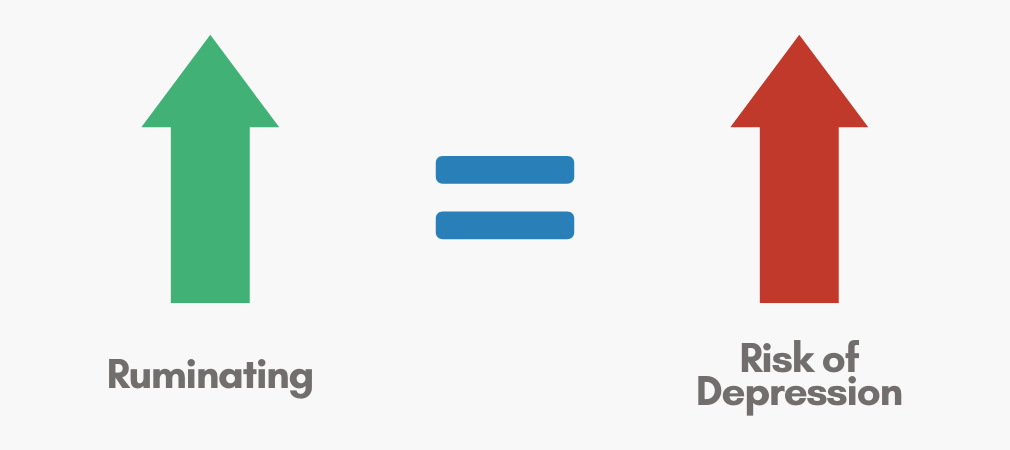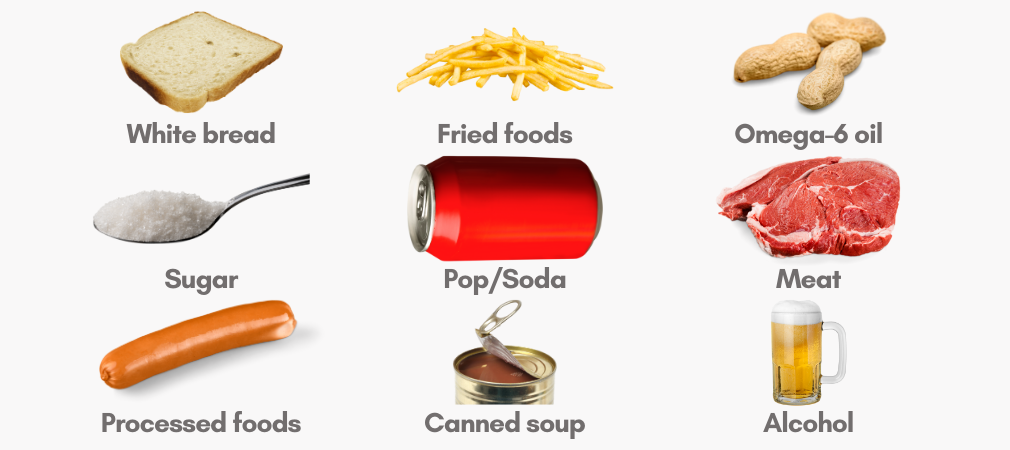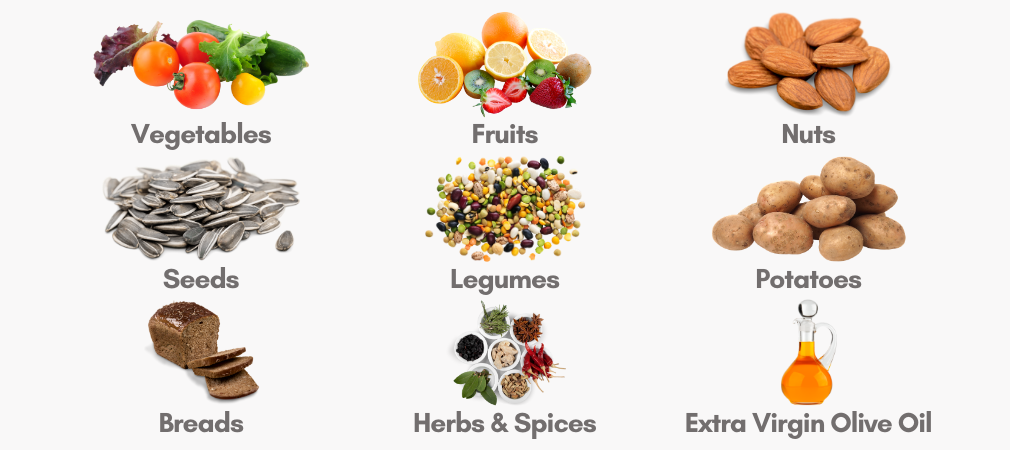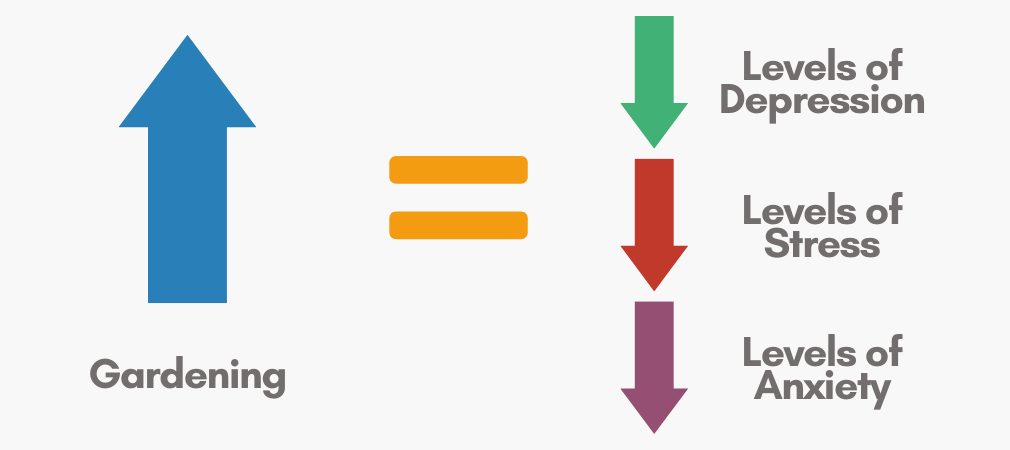2 Ways To Significantly Reduce
Feelings of Depression
According to the World Health Organization, depression is the leading cause of disability worldwide.
Take a moment to let that sink in. The single greatest cause of disability isn’t cancer, heart disease, diabetes… it’s depression.
Therefore, when 2 strategies can help reduce feelings of depression significantly, they are essential to know.
Any guesses?
I’ll give you a hint. One strategy focuses on the mind, and the other strategy focuses on the body.
The answer for the body is aerobic exercise, and for the mind, it’s meditation.
For anyone looking for clarification on definitions, aerobic exercise is any physical activity that uses large muscle groups that can be sustained for at least 10 minutes, such as walking, jogging, biking, etc.
Meditation is a practice that involves focusing your attention on a thought, object or activity, to achieve calm and greater mental clarity.
For the study we are going to focus on today, researchers in the journal, Translational Psychiatry (Alderman et al., 2016), conducted an 8-week study in which they examined the impact of aerobic exercise and mediation on people who were struggling with depression.
Two days a week, the study participants were instructed to do 30 minutes of meditation, followed by 30 minutes of aerobic exercise.
The result?
The study participants experienced a 40% reduction in their depressive symptoms.
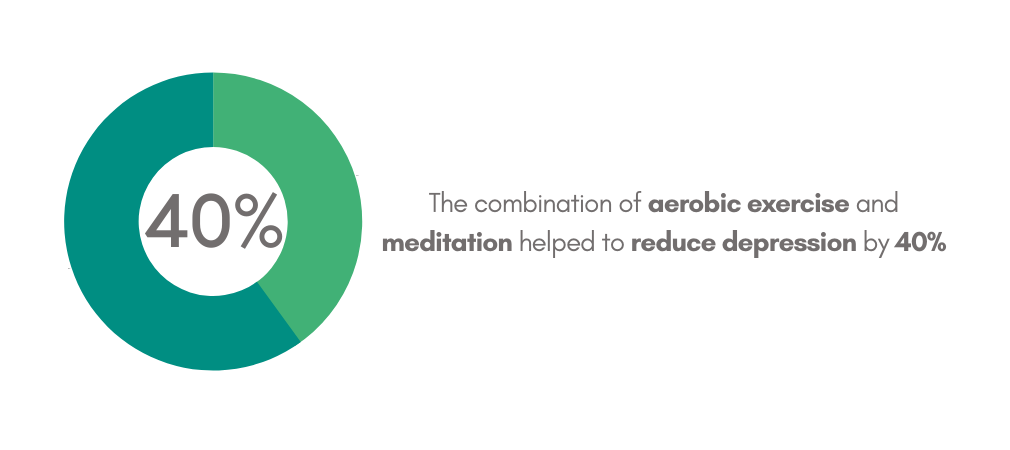
Take-Home Message
Aerobic exercise and meditation (also known as mindfulness meditation) work independently to help improve symptoms of depression.
When utilizing both approaches, they work even better to improve mood, also when used as little as two days a week.
And for those of you who aren’t particularly fond of aerobic exercise, get moving in any way shape or form!
Studies show that all types of exercise are beneficial for improving mood. Research shows that all kinds of movements are good for mood.
3 More Tips For Improving Your Mood
On average, 1 in 4 Canadians struggles with depression significant enough to warrant treatment at some point in their life.
Depression is that significant of an issue. So, let’s take a quick look at three more strategies that can help you to manage your mood better.
Let’s take a quick look at each of these areas and see what’s needed to maintain and promote a healthy mood:
Reduce Rumination
What does rumination mean?
It’s the process of repeatedly going over a problem (or problems) in your mind without coming up with a satisfying solution.
And it’s a very common pattern that you want to do your best to avoid or at least minimize.
Jacobs et al. (2014) compared MRI scans of young adults who had experienced depression and those who had not.
Results showed that adults who had experienced depression have hyper-connected cognitive and emotional networks, and these areas of the brain have been associated with rumination.
And this study is one of many, which shows that ruminating is a substantial risk factor that can contribute to difficulties with depression.
So, how do you stop ruminating?
Likely, you won’t be able to eliminate ruminating altogether, but you can minimize it.
Here is a 4 step plan to help deal with rumination.
- Allow yourself 10 minutes maximum to worry about a problem. And some of the time you spend worrying should be focused on coming up with solutions.
- Write your solutions down or type them into your phone.
- When your 10 minutes for worrying are up, change your focus to something interesting or engage in conversation with someone about a different topic.
- Set a time in the future (e.g., 1 hour later) and allow yourself another 10 minutes to worry about the problem.
- Repeat the process as needed.
How You Eat Matters
The eating plan you choose to follow impacts your mood.
There is plenty of research to show that eating inflammatory food harms mood, so you’ll want to avoid these types of foods.
But there also seems to be an argument that a lack of essential nutrients being a contributing factor to mood problems.
Sanchez-Villegas et al. (2015) found that people who follow a Mediterranean diet (a diet higher in fruits, vegetables, and nuts) showed lower levels of depression.
The researchers hypothesized that the higher amounts of Omega 3’s, vitamins and minerals are likely a protective factor for mood.
And what was particularly interesting is that moderate adherence to the diet appeared to work just as well as strictly following the diet.
So, there is a strong argument here for increasing your intake of fruits, vegetables and nuts.
Not to mention, it would be a good idea to supplement with Omega 3 fatty acids and a good multi-vitamin/multi-mineral supplement.
Gardening
Well, let me preface this: you should probably enjoy gardening if you want to experience the benefits for mood!
I suspect that gardening would likely hurt my mood, but for those of you who enjoy it, there’s some good science to show that it can help.
Cervinka et al. (2016) found that gardening helps to reduce levels of depression, as well as stress and anxiety.
As a bonus, gardening can help to reduce dementia and cancer. Pretty impressive benefits for spending some time in the garden!
And for those looking to maximize the mental health benefits from gardening, it is vital to feel a connection to your garden.
So, if your approach to gardening is more of an “I have to get the damn weeds out of my garden this weekend” approach, it clearly won’t be as effective.
Which is why gardening is less likely to work for me!
Research shows that a healthy connection to your garden, including an ability to “switch off” and not obsess about it, will provide the best mental health benefits.
Which of the above strategies are you most likely to use?
Do you have a different strategy you like to use to promote a healthy mood?
